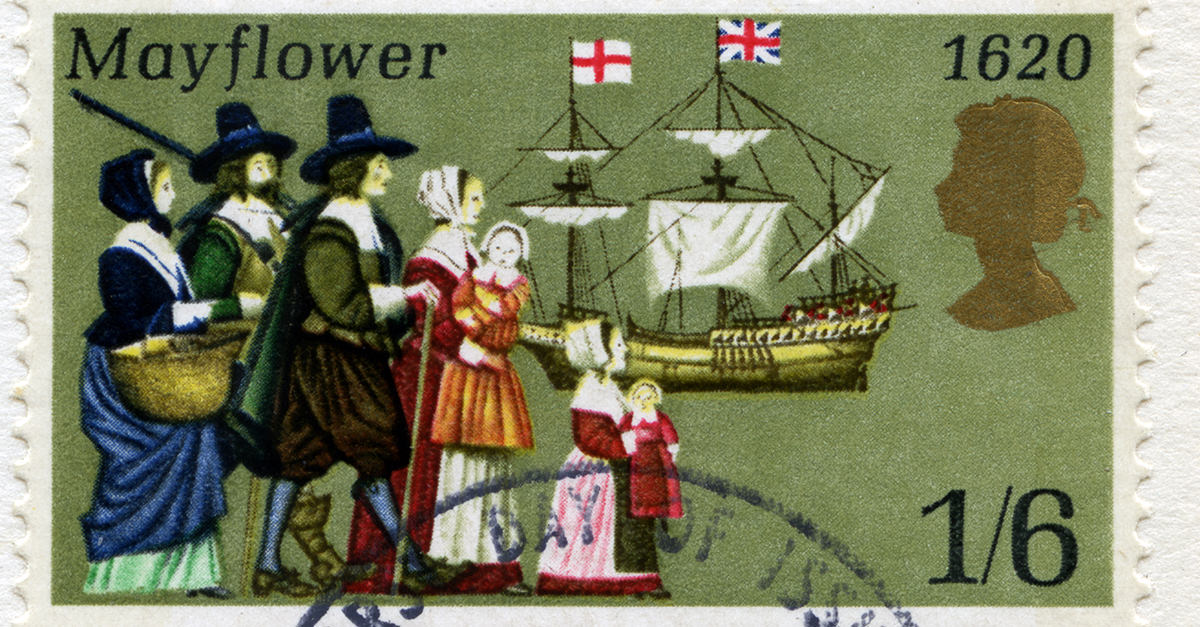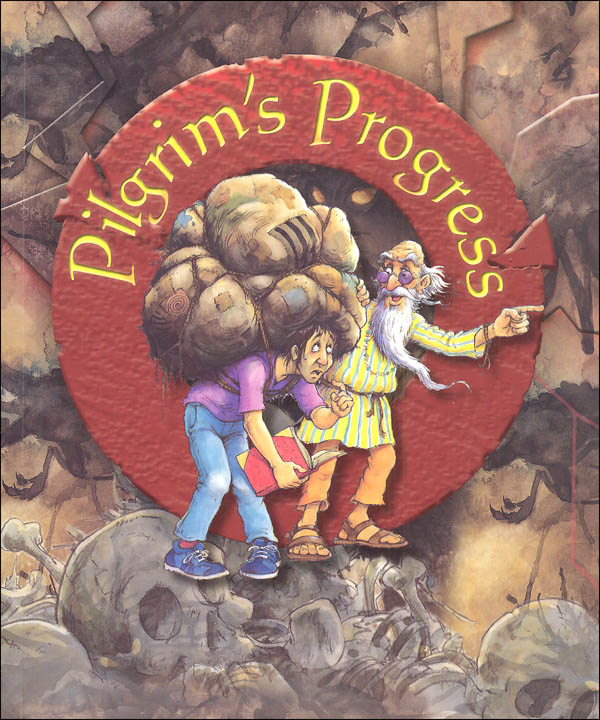

He has written widely on America's early religious history. "This is one little pocket of colonial America," says John Fea of Messiah College in Mechanicsburg, Penn.

Historians, however, have disputed the extent to which the Pilgrims can be counted as among America's founding fathers.

You'd have to say, a lot of was shaped by biblical principles, and that's why the courts said we're a Christian nation."īarton is quoting an 1892 Supreme Court ruling that includes a reference to "a mass of organic utterances that this is a Christian nation." They gave us elected government out of the Bible. "They gave us civil rights out of the Bible. "If you look back at the Pilgrims, they gave us private property out of the Bible," he says. In an interview with NPR, Barton says the Pilgrims' story makes clear that America was founded as a Bible-based Christian nation. Those aspects of our heritage that are religious and also show public religious expression, we pretty much ignore today." Keep it at home or keep it at church, but. "Most people today are willing to concede that religion is OK if you keep it in private. "We're talking about a government document here with a lot of evangelical language in it," he declared. Secular historians, he continued, have downplayed that reference. Religion Cue The Tape: How David Barton Sees The World
#THE PILGRIMS FULL#
"What could they see but a hideous, desolate wilderness, full of wild beasts and wild men?" "It was winter, and they that know the winters of that country know them to be sharp and harsh," according to Bradford's account. It is from Bradford's account, narrated in the PBS film, that we know about the cruelty of the Pilgrims' first few months in the New World, when half of the settlers died from starvation or disease. "They desired a better country," Bradford wrote, "a heavenly one, wherefore God was not ashamed to be called their God."

The description of the settlers as "pilgrims" comes from Bradford himself, who recalled lines from Hebrews 11. Portions of his account are read in the film by the actor Roger Rees. Viewers are reminded that much of what we know about the Pilgrims comes from the written recollection of their most famous governor, William Bradford. The written account of William Bradford, the Pilgrims' most famous governor (played by Roger Rees in PBS film The Pilgrims) provides much of what is known about the Pilgrims' experience. The Pilgrims, a new PBS film released in time for the Thanksgiving holiday, attempts to set the record straight. In countless retellings over the past 400 years, the Pilgrim story has become part of American mythology, and fact has not always been separated clearly from fiction. Constitution were written more than 150 years later and incorporated a much broader variety of early American views. Some Christian activists cite that declaration as evidence for their claim that America was founded as a Christian nation, notwithstanding the fact that the Declaration of Independence and the U.S. In the Mayflower Compact, the governing document signed shortly before the Pilgrims disembarked in Massachusetts' Provincetown Harbor, Pilgrim leaders said they undertook their voyage across the Atlantic "for the glory of God and the advancement of the Christian faith." To Christian conservatives, they are role models for another reason as well: They were deeply committed to their Christian faith and not afraid to say so. The Pilgrims are among the early heroes of American history, celebrated every Thanksgiving for their perseverance in the New World against great odds. The Mayflower, the ship in which the Pilgrims crossed the Atlantic to the New World in 1620.


 0 kommentar(er)
0 kommentar(er)
